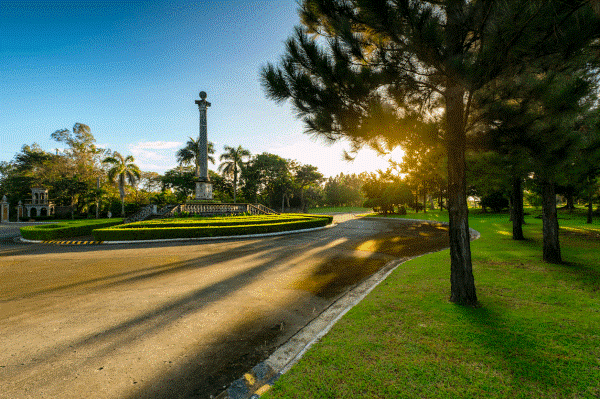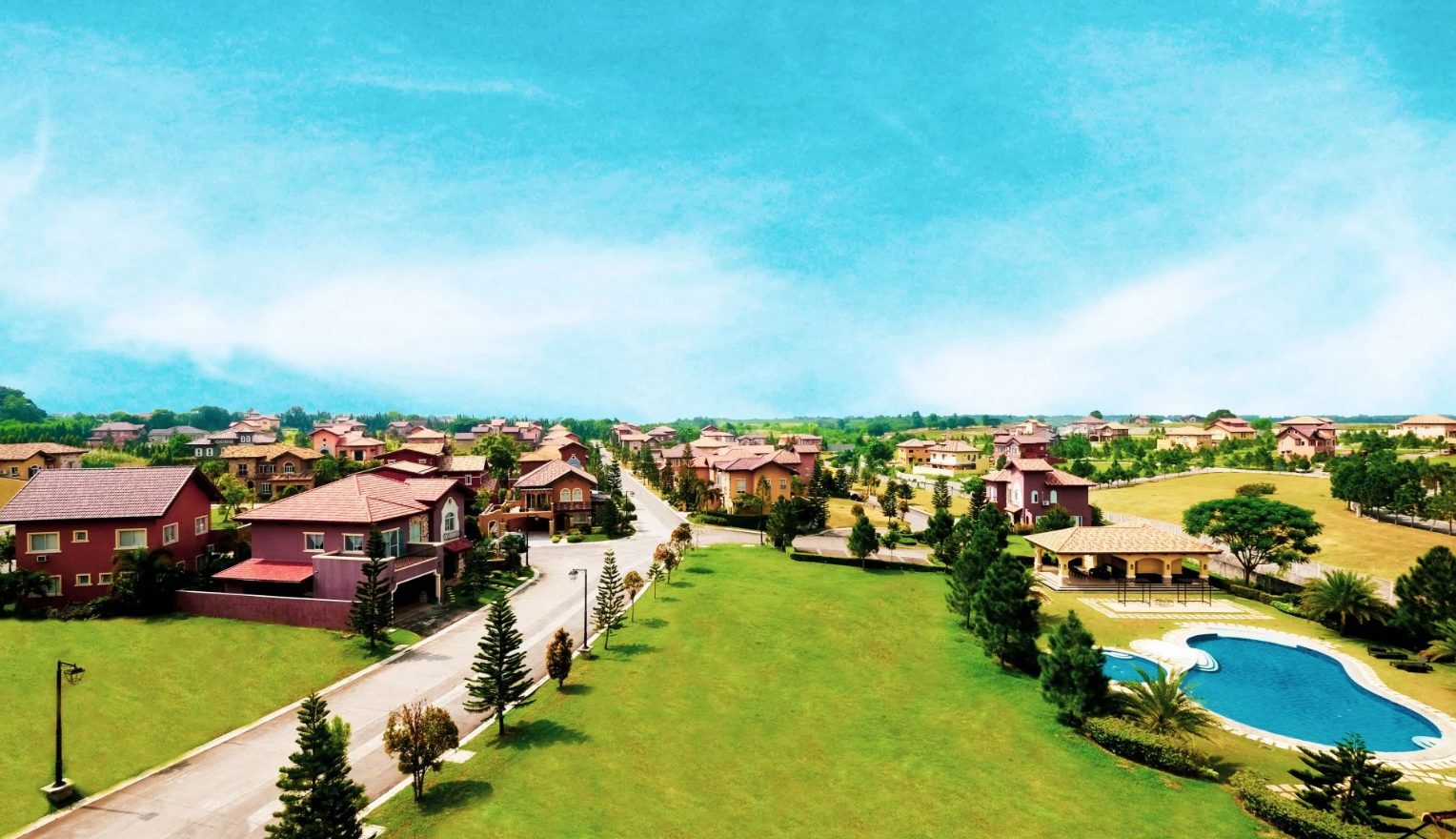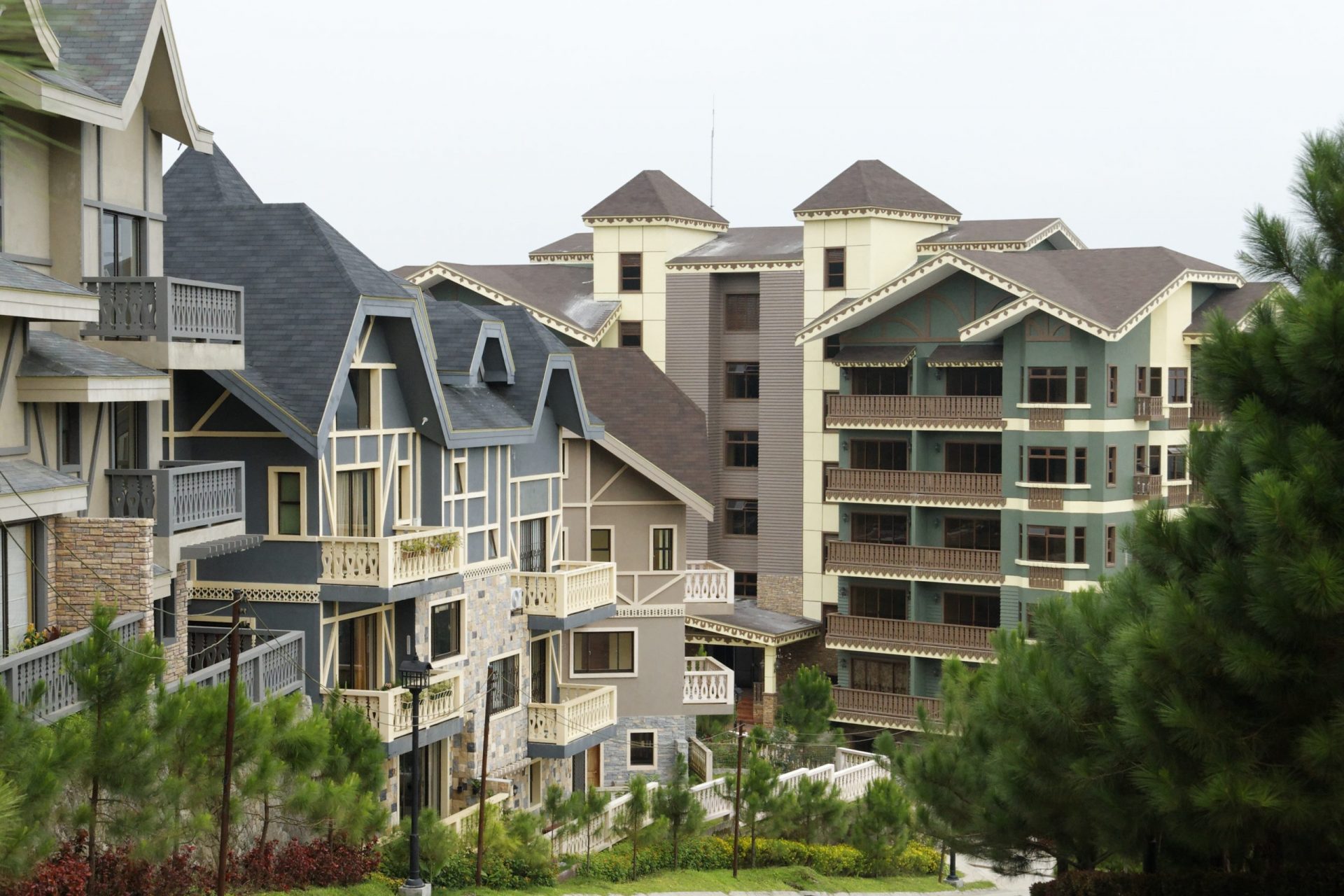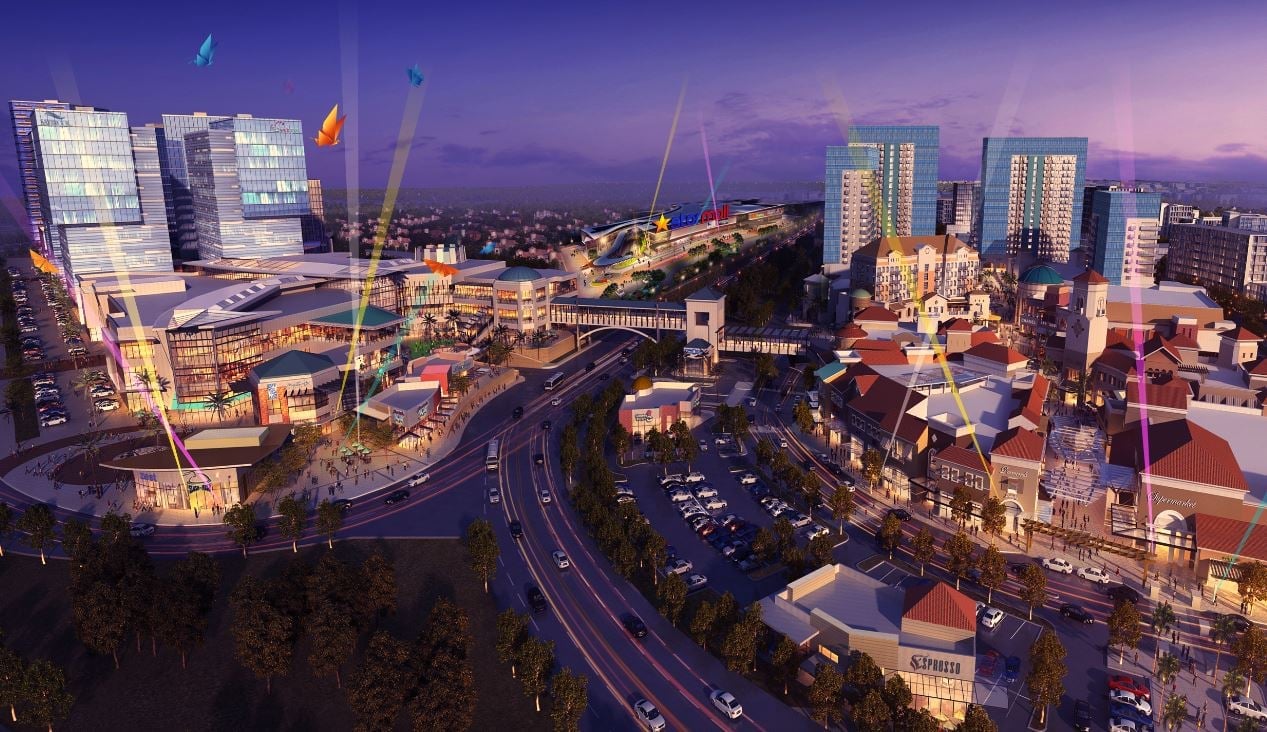BLOGS
What to Expect for the Philippine Economy 2024
As we approach the year 2024, many are curious about the state of the Philippine economy. After a challenging period of economic recovery, the government has set forth ambitious goals and strategies to transform the country’s economic landscape.
In this article, we’ll explore on what we can expect for the Philippine economy in 2024, looking at the potential economic growth and the possible challenges that the government may encounter along the way.
Goals and Strategies for the Philippine Economy
The Philippine Development Plan (PDP) 2023-2028 serves as a roadmap for the country’s development, highlighting key goals and strategies to achieve sustainable and inclusive growth. For the Philippine economy in 2024, the government aims to achieve reach at least 7% for the country’s Gross Domestic Product (GDP) growth rate. This ambitious target is aligned with the goal of reducing poverty incidence to 14% by 2024.
A Generally Positive Outlook for 2024
Economic managers expect a generally positive outlook in terms of Philippine economic development for 2024. Several factors contribute to this optimism, which include a forecasted economic growth, decrease in inflation rate, meeting the target government spending for infrastructure projects, and lesser number of unemployed workers.
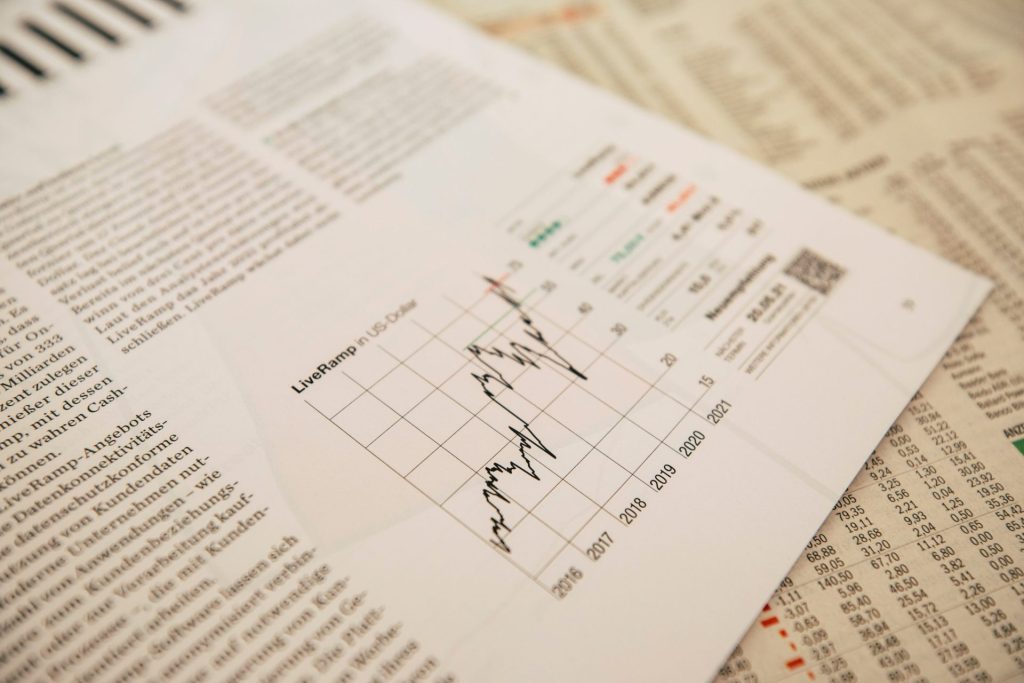
Forecasted Economic Growth by 2024
According to the Asian Development Bank (ADB), the Philippine economy is projected to grow by 5.7% in 2023, which is a decrease from the previous projection of 6.0% in the April report. However, the ADB maintains its forecast of 6.2% GDP growth for 2024.
Taking note of the Philippine economy’s potential for sustainable growth, the government’s target of improving the country’s status from currently being a lower middle income country (having a gross national income per capita at $3,950 in 2022) to an upper middle income country in the next two years.
Expected Decrease in Inflation Rate by 2024
The Bangko Sentral ng Pilipinas (BSP) expects a 3.5% inflation rate by 2024, a rate within the central bank’s 2-4% target range. This gradual decrease in inflation by 2024 despite inflationary pressure, is a result of the materializing of tightened monetary policy and reduction in the global commodity prices.
This expected easing up of inflation rates will help stabilize prices and improve the purchasing power of Filipinos, creating a favorable environment for businesses to thrive and stimulate consumer spending.
Target Government Spending On Infrastructure Met
The government has successfully met its target spending on infrastructure, which accounted for 5.3% of the country’s GDP in the first half of the year. It’s expected to continue investing at this level with various significant projects already in progress.
The Asian Development Bank (ADB) is providing financial assistance for several major infrastructure projects, including the Malolos-Clark Railway Project, South Commuter Railway Project, Improving Growth Corridors in Mindanao Road Sector Project, and Integrated Flood Resilience and Adaptation Project – Phase 1. These projects aim to drive economic growth and enhance the country’s infrastructure network.
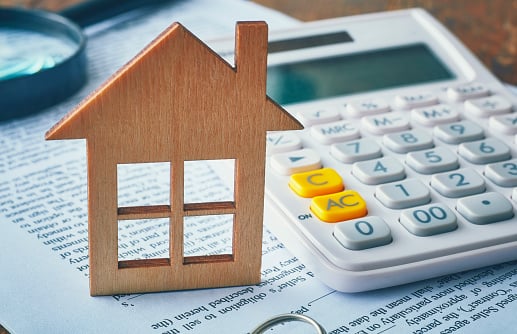
Improvement in Unemployment Rates
The government’s focus on generating employment opportunities is expected to yield positive results.
According to the latest data, the Philippines’ unemployment rate has shown significant improvement, dropping to 4.8% in January 2023 from 6.4% in the same period the previous year. This is even lower than the pre-pandemic levels.
Over the course of the year, approximately 4.1 million jobs were created, with the services sector leading the way. The rebound in tourism, which was severely impacted by the COVID-19 pandemic, also played a significant role in this job creation.
By investing in high-value sectors and promoting entrepreneurship, more jobs will be created, leading to a decrease in the unemployment rate. This will not only alleviate poverty but also contribute to the overall economic growth of the country.
Factors Affecting Philippine Economic Growth
While the government’s efforts are commendable, there are external factors that could impact the Philippine economy in 2024. It’s crucial to consider these factors to have a comprehensive understanding of what to expect.
Geopolitical Tensions
Geopolitical tensions can have significant implications for economies worldwide. Any escalation in geopolitical conflicts or trade disputes may disrupt global trade, affecting the Philippine economy. It is essential for the government to closely monitor these tensions and implement measures to mitigate their impact.
Sharper-Than-Expected Slowdown in Major Advanced Economies
The global economy is interconnected, and any significant slowdown in major advanced economies can have a ripple effect on other countries, including the Philippines. The government must be prepared to navigate any adverse effects and implement measures to maintain a stable and resilient economy.
Higher Tourism-Related Receipts
The tourism industry is a vital contributor to the Philippine economy. The government’s efforts to promote the country as a prime tourist destination are expected to result in higher tourism-related receipts. This influx of foreign exchange will boost the economy and create additional employment opportunities.
Sustained Remittances
Remittances from overseas Filipino workers (OFWs) play a significant role in the Philippine economy. The government must ensure the welfare and protection of OFWs to sustain the inflow of remittances, which provide stability and support domestic consumption.
Business Process Outsourcing
The Philippines has emerged as a major player in the global services sector, particularly in the IT-BPM industry. The government’s continued support for this sector, along with the promotion of other service exports, will contribute to the country’s economic growth in 2024.
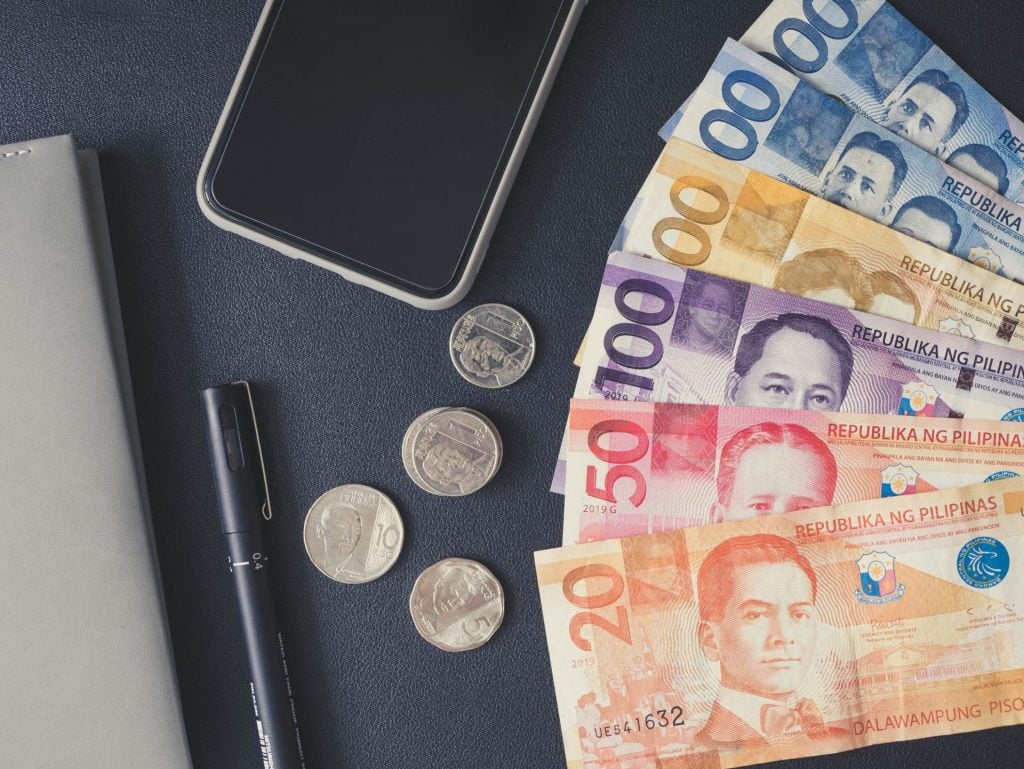
Challenges that the Philippine Government Must Address
While there are promising prospects for the Philippine economy in 2024, there are also challenges that the government must address to ensure sustained and inclusive growth. These challenges include climate change and food security, to name a few.
Climate Change
Climate change poses a significant challenge for the Philippine economy. The potential economic costs of climate change could reach up to 13.6% of GDP by 2040, with the poorest households being the most affected. Extreme weather events and natural disasters, sea-level rise, and changes in rainfall patterns threaten the country’s development goals and the well-being of its people.
To address this challenge and provide for climate change adaptation, the government needs to take several actions.
One of such is addressing the need for an energy transition away from coal and towards renewable energy sources, as well as implementing energy efficiency measures. This will help reduce greenhouse gas emissions and mitigate climate change impacts.
The government should also strengthen the planning, execution, and financing framework for climate change, enhancing leadership and accountability, with efforts coming from national government agencies and trickling down to local government units.
Food Security
Food security poses a challenge for the Philippine economy due to the high food trade deficit and the prevalence of food insecurity among households. The country has the largest food trade deficit in the region, indicating a heavy reliance on food imports. Additionally, one in ten households in the Philippines is food insecure, with the poorest regions being the most affected.
To address this challenge, the government can take several measures. Firstly, it can focus on diversification by promoting the cultivation of a variety of crops and supporting small-scale farmers. Investing in extension services can also help improve agricultural productivity and efficiency. Moreover, scaling up climate-smart agriculture policies can enhance resilience to the effects of climate change on agricultural production.
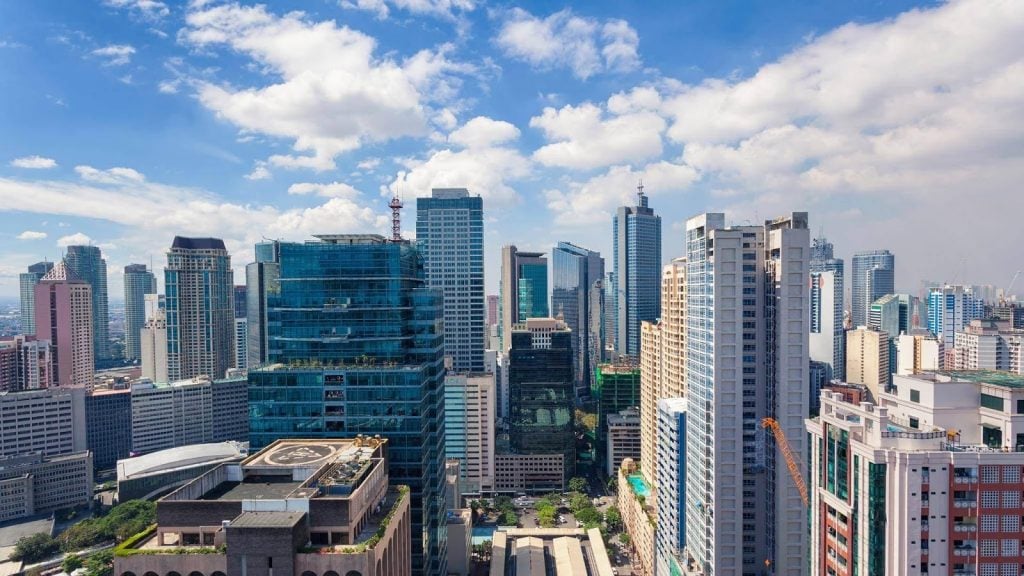
Support Philippine Economic Growth through Wise Investments with Brittany Corporation
The Philippine economy in 2024 holds much promise for the country’s development and progress. With the government’s ambitious goals and strategies outlined in the PDP 2023-2028, coupled with positive indicators such as expected decrease in inflation, target spending on infrastructure met, and improvement in unemployment rates, there’s an optimistic outlook for the future.
Investing in luxury homes, particularly in Crosswinds Tagaytay by Brittany Corporation, can be a smart move that contributes to the growth of the Philippine economy.
Crosswinds Tagaytay offers a range of luxury Swiss-inspired homes, including luxury house and lot for sale in Tagaytay at The Swiss Quadrilles, luxury townhomes at The Deux Pointe, luxury condo units at Alpine Villas and The Grand Quartier, and luxury lots at The Terraces of Lausanne.
The development of luxury properties in prime locations like Tagaytay creates a demand for skilled labor, stimulates economic activity, and attracts investments.
The rise in economic growth in the Philippines opens up new income opportunities for investors in the real estate market, including luxury properties. By investing in luxury homes and luxury condo, buyers contribute to the growth of the real estate sector, generating employment opportunities and attracting investments.
Furthermore, with the projected growth of the Philippine economy by 6.2% in 2024, investing in luxury properties aligns with the expected economic growth and provides long-term capital growth and value appreciation. By purchasing luxury homes, buyers can contribute to the expansion of the Philippine economy through increased investment and employment opportunities in the real estate sector.
Join Brittany Corporation on our commitment to promote and support the Philippine economic growth. Book an appointment with us to learn more about our luxury properties in Tagaytay and in other locations and how it can fit your lifestyle and preferences. You may also check out our LinkedIn profile and YouTube channel.
Suggested Read: Build Better, Safer With Technology: Using Tech in Construction
Suggested Read: Real Estate Industry Philippines: Opportunities Post Pandemic
Suggested Read: NEDA Forecast: Sustained Economic Growth for Baguio
Suggested Read: Climate Budgeting: Everything You Need To Know
Suggested Read: What Is The State of Economy In Baguio





